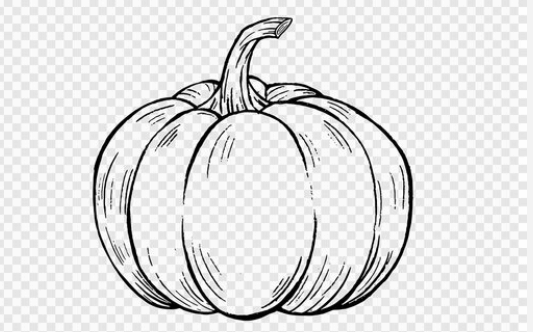Outline:G7x5uoigido= Pumpkin

The history of pumpkins is as rich and diverse as the culinary uses they inspire today. Originating in Central America over 7,000 years ago, pumpkins have transformed from a wild crop to a staple ingredient in global cuisine. Their nutritional profile, packed with essential vitamins and fiber, further underscores their significance in health-conscious diets. As we explore the various ways to incorporate pumpkin into our meals, it becomes evident that these gourds offer more than just seasonal charm. What might be surprising, however, is how their versatility goes beyond traditional recipes and into innovative culinary territory.
History of Pumpkins
The history of pumpkins traces back over 7,000 years to the ancient civilizations of Central America, where they were cultivated not only as a staple food source but also as a vital component of cultural and ceremonial practices.
Over time, pumpkin cultivation spread globally, leading to vibrant pumpkin festivals that celebrate this versatile gourd, highlighting its significance in agricultural and societal traditions.
See also: Outline:E-Pvmbc6ohk= Apple
Nutritional Benefits
Rich in essential nutrients, pumpkins offer a myriad of health benefits, making them a valuable addition to a balanced diet.
These vibrant fruits are low in calories and high in fiber, promoting digestion and weight management.
Additionally, various pumpkin varieties, such as butternut and sugar pumpkins, provide antioxidants and vitamins A and C, contributing to overall health and vitality.
Embrace the pumpkin benefits for your well-being.
Cooking With Pumpkin
Incorporating pumpkin into your culinary repertoire opens up a world of flavors and textures, enhancing both sweet and savory dishes.
From hearty pumpkin soups and savory risottos to delectable pumpkin desserts like creamy pies and spiced muffins, the versatility of pumpkin recipes is unmatched.
Embrace its natural sweetness and vibrant color to elevate your meals and delight your guests.
Conclusion
The pumpkin, with its origins dating back over 7,000 years, remains an enduring symbol of nourishment and culinary versatility.
Rich in vitamins and fiber, pumpkins not only contribute to health but also bring vibrancy to dishes.
Remarkably, a single average-sized pumpkin can yield approximately 1,000 seeds, showcasing the plant’s prolific nature.
This abundance reflects the potential for creativity in the kitchen, inviting exploration of flavors and textures that can elevate meals across diverse culinary traditions.




